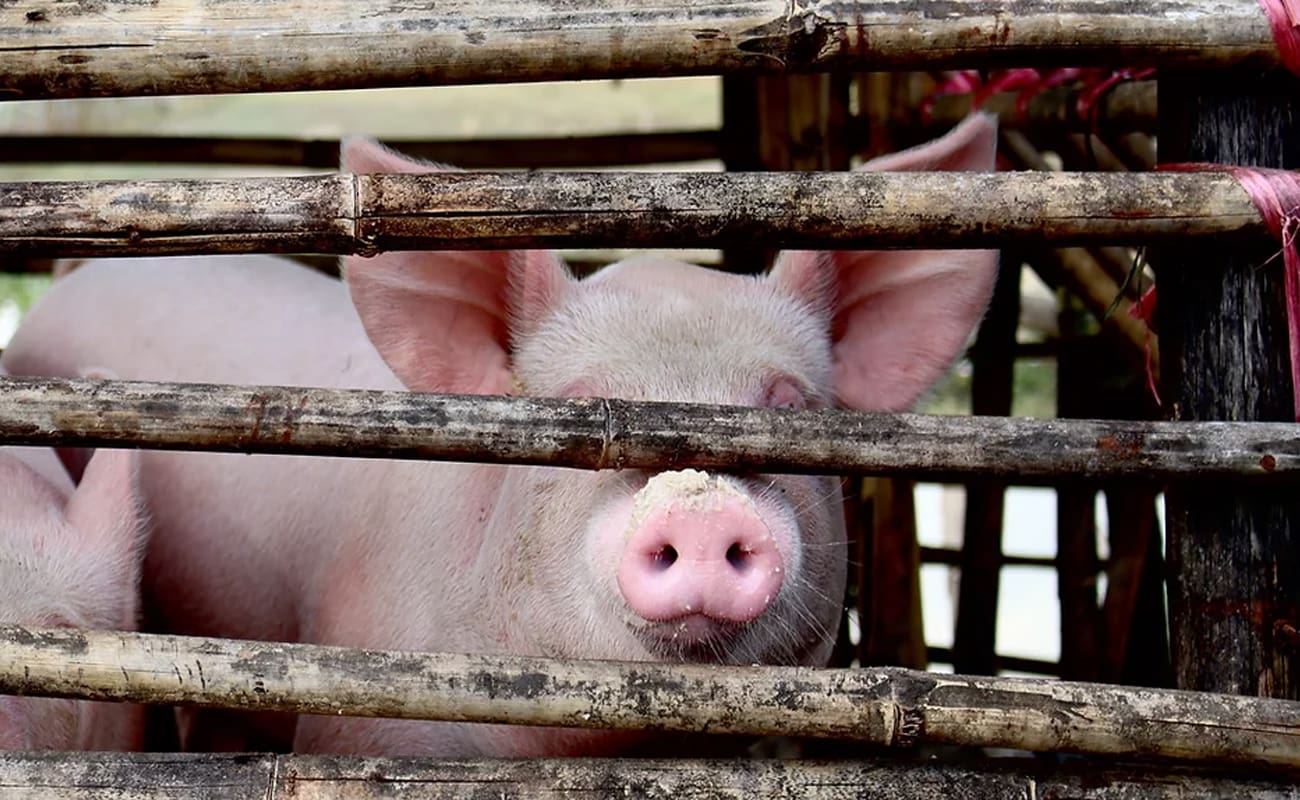Advocacy is about raising voices and taking action to protect animals, promote justice, and create positive change in our world. This section explores how individuals and groups come together to challenge unfair practices, influence policies, and inspire communities to rethink their relationship with animals and the environment. It highlights the power of collective effort in turning awareness into real-world impact.
Here, you’ll find insights into effective advocacy techniques like organizing campaigns, working with policymakers, using media platforms, and building alliances. The focus is on practical, ethical approaches that respect diverse perspectives while pushing for stronger protections and systemic reforms. It also discusses how advocates overcome obstacles and stay motivated through persistence and solidarity.
Advocacy isn’t just about speaking out—it’s about inspiring others, shaping decisions, and creating lasting change that benefits all living beings. Advocacy is framed not only as a response to injustice but as a proactive pathway toward a more compassionate, equitable, and sustainable future—one where the rights and dignity of all beings are respected and upheld.
Vegan leather is transforming the way we approach fashion, blending sustainability with style to create a cruelty-free alternative to traditional leather. Made from innovative materials like pineapple leaves, apple peels, and recycled plastics, this eco-friendly option reduces environmental impact without compromising on quality or design. As more brands embrace vegan leather for everything from sleek handbags to durable footwear, it’s becoming clear that this ethical choice is here to stay. Discover how switching to vegan leather can elevate your wardrobe while supporting a greener future


























































